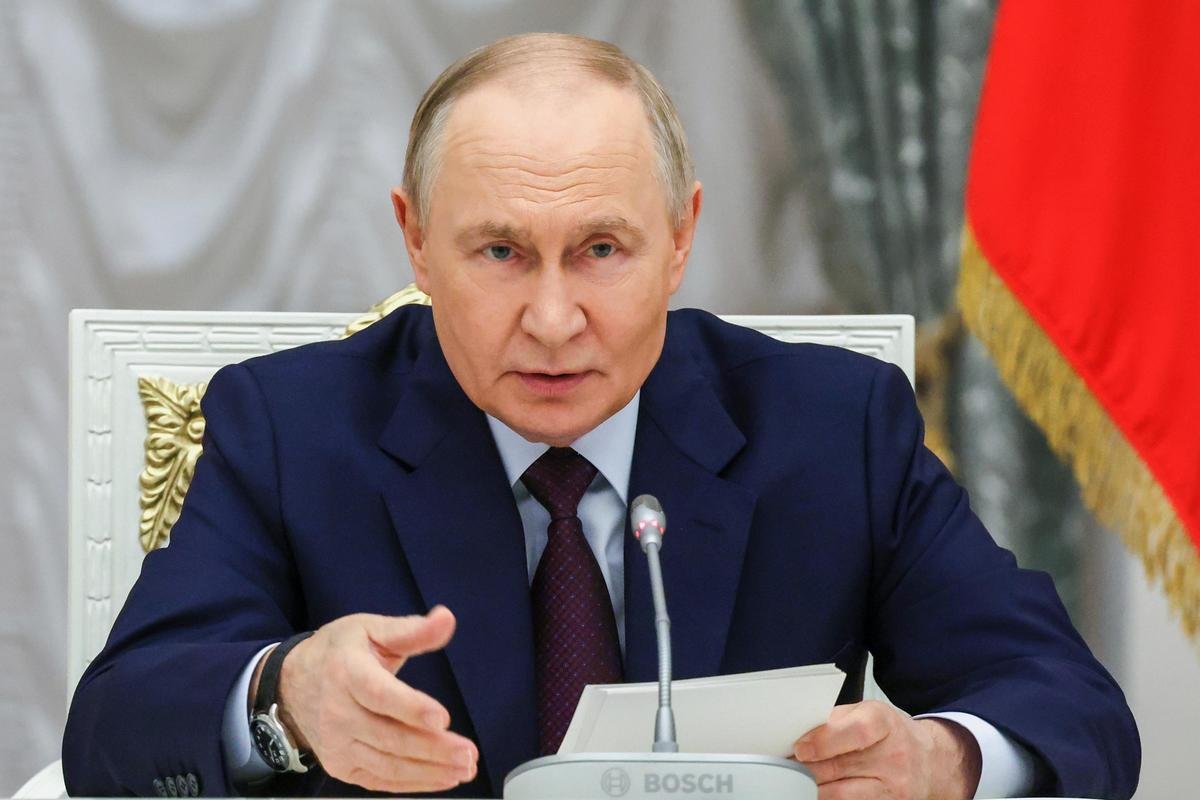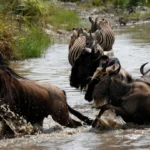Russian President Vladimir Putin has told his key ministers and security agencies to begin drawing up options for the possible resumption of nuclear weapons testing — but only if the United States moves first.
At a session of the Russian Security Council, Putin directed the Ministry of Foreign Affairs, the Defence Ministry and other relevant agencies to “gather additional information,” assess it thoroughly and “submit coordinated proposals” on the start of work to prepare nuclear tests.
This step follows a bold statement by U.S. President Donald Trump that the U.S. may resume nuclear‑weapons testing for the first time since 1992 — although U.S. officials have since clarified that the testing likely refers to non‑explosive “system tests” rather than full nuclear detonations.
Russia has not carried out an explosive nuclear test since the dissolution of the Soviet Union, and Putin stressed Moscow still does not plan to start unless the U.S. makes the move first. “If the U.S. conducts tests, we would be under obligation to take reciprocal measures,” he said at the meeting.
The Kremlin’s action signals more than routine policy: it is a clear message that Moscow views the strategic balance with Washington as shifting, and that it is preparing for a scenario that just months ago was largely theoretical.
Also Read; U.S. Air Travel Faces Major Flight Reductions Amid Shutdown
Analysts say preparation alone may unsettle long‑standing nuclear‑test moratoria and spark responses around the world.
In the background, the disputed Comprehensive Nuclear‑Test‑Ban Treaty (CTBT) — which bans all nuclear explosions — remains unsigned for full ratification by the U.S., while Russia had revoked its ratification earlier. The U.S. acknowledges the ban in principle but has not ratified it; Russia says it remains bound until the U.S. acts, but quietly is preparing for the opposite.
Western non‑proliferation experts warn this kind of signalling risks rekindling a nuclear‑test race at a time when strategic tensions already run high. They note that even if no detonation occurs, preparations alone can erode trust and provoke counter‑moves from other nuclear‑armed states.
While Moscow says no final decision has yet been taken, Putin’s directive shifts the conversation from “if” to “when”. The world now watches whether Washington will indeed act—and how Berlin, Tokyo and other capitals will respond.



